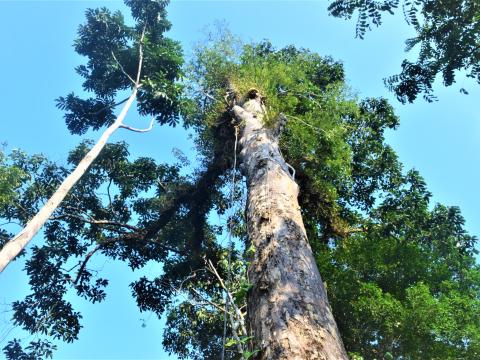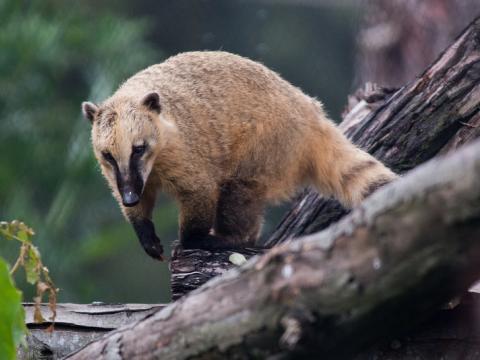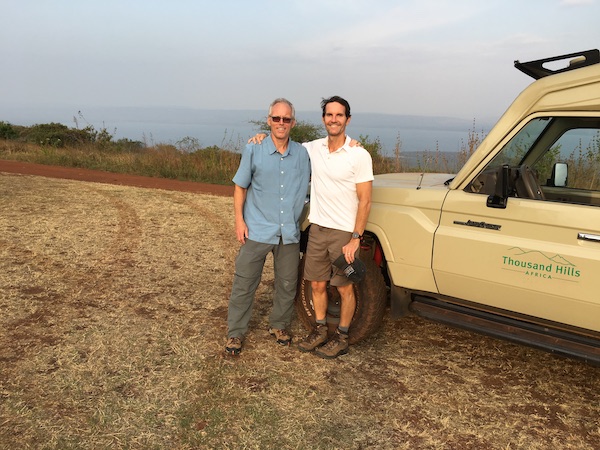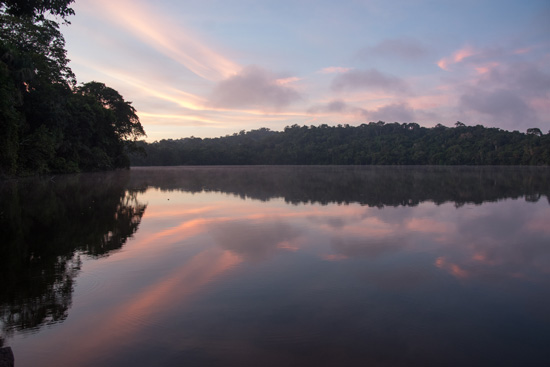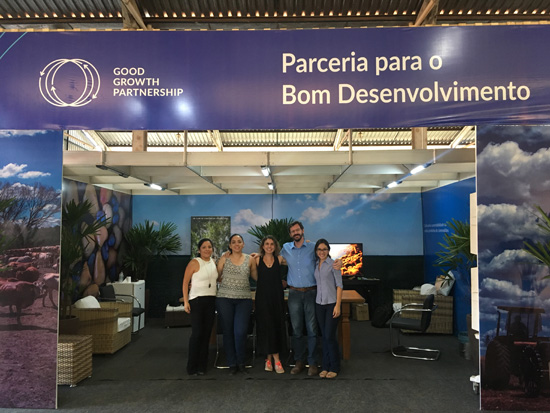Apisalome Monovo
Apisalome Movono has an undergraduate degree in marine affairs and tourism studies and a Master of Arts Degree from The University of the South Pacific (USP). His thesis on tourism's social and economic impacts on indigenous Fijian communities strengthened his passion for examining issues that affect Pacific Islanders. Dr. Movono became a Lecturer of Tourism at USP after completing his Ph.D. at Griffith University in Australia.

